In a November 18 announcement, Cambridge language experts said the choice reflects a year that has seen a strong interest in one-way relationships – where fans feel close to celebrities, influencers, or even an artificial intelligence (AI) chatbot, despite the fact that there is no direct two-way interaction between them.
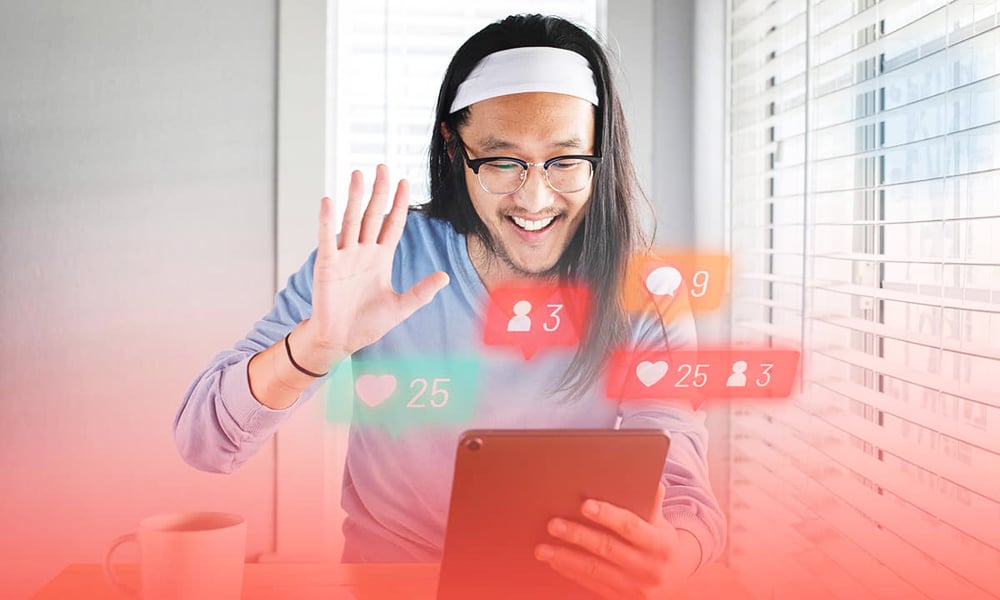 |
In the age of AI, social media and 24/7 online content, connecting with strangers has become commonplace. (Illustration photo) |
“Parasocial” is defined as “relating to the feelings of attachment a person has to a famous figure they do not know.”
In fact, the concept has been around since 1956, when two sociologists at the University of Chicago observed that television viewers at the time perceived “TV stars” as friends or relatives.
In the age of AI, social media and 24/7 online content, this phenomenon has become stronger than ever.
In an era where people are constantly exposed to idols, streamers, or AI tools like ChatGPT, the word “parasocial” has become a deeply topical linguistic mark.
According to the Cambridge Dictionary, in addition to the word “parasocial”, this year they also updated the definition of the word “slop” to reflect the low-quality AI-generated content that is rampant on the Internet.
In addition, this prestigious dictionary has also added 6,212 new words, phrases and meanings in the past 12 months, reflecting the unprecedented pace of change in “internet culture”. Notable “newcomers” include: “skibidi” - a slang term with multiple meanings, which can be used as a compliment, a criticism or simply for humor; “delulu” - describing a delusional but lovable person; “tradwife” - a term for a traditional housewife who often shares her lifestyle on social networks.
“Internet culture is changing English in exciting ways – and it's our job to capture that in the dictionary,” says dictionary editor Colin McIntosh.
Source: https://baobacninhtv.vn/parasocial-la-tu-khoa-cua-nam-2025-postid431370.bbg



![[Photo] General Secretary To Lam receives President of the Senate of the Czech Republic Milos Vystrcil](/_next/image?url=https%3A%2F%2Fvphoto.vietnam.vn%2Fthumb%2F1200x675%2Fvietnam%2Fresource%2FIMAGE%2F2025%2F11%2F21%2F1763723946294_ndo_br_1-8401-jpg.webp&w=3840&q=75)
![[Photo] President Luong Cuong receives Speaker of the Korean National Assembly Woo Won Shik](/_next/image?url=https%3A%2F%2Fvphoto.vietnam.vn%2Fthumb%2F1200x675%2Fvietnam%2Fresource%2FIMAGE%2F2025%2F11%2F21%2F1763720046458_ndo_br_1-jpg.webp&w=3840&q=75)
![[Photo] National Assembly Chairman Tran Thanh Man holds talks with President of the Senate of the Czech Republic Milos Vystrcil](/_next/image?url=https%3A%2F%2Fvphoto.vietnam.vn%2Fthumb%2F1200x675%2Fvietnam%2Fresource%2FIMAGE%2F2025%2F11%2F21%2F1763715853195_ndo_br_bnd-6440-jpg.webp&w=3840&q=75)
![[Photo] Visit Hung Yen to admire the "wooden masterpiece" pagoda in the heart of the Northern Delta](/_next/image?url=https%3A%2F%2Fvphoto.vietnam.vn%2Fthumb%2F1200x675%2Fvietnam%2Fresource%2FIMAGE%2F2025%2F11%2F21%2F1763716446000_a1-bnd-8471-1769-jpg.webp&w=3840&q=75)

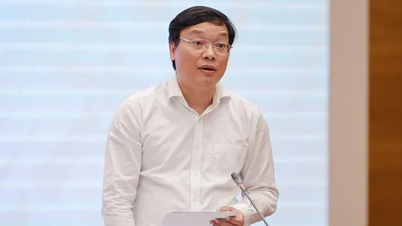

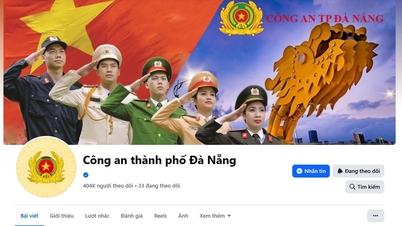





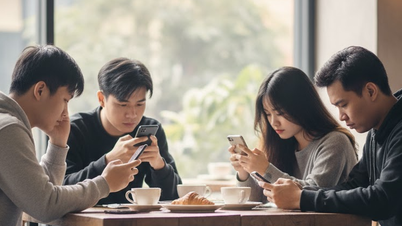



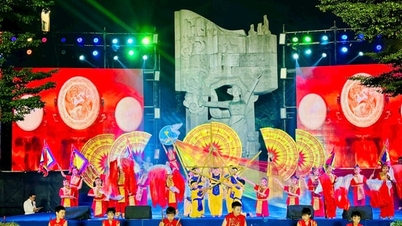

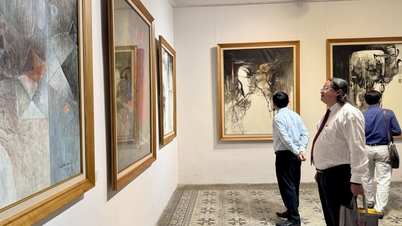

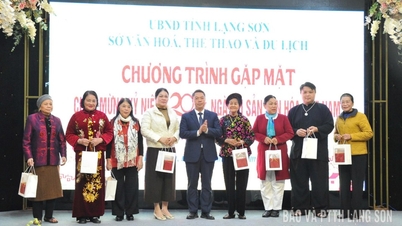

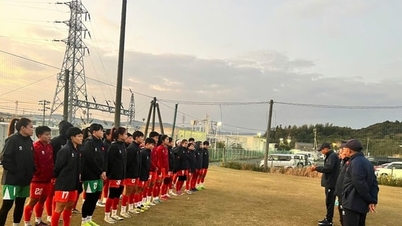
![[E-magazin]: Sunny roads](https://vphoto.vietnam.vn/thumb/402x226/vietnam/resource/IMAGE/2025/11/21/1763729349483_e-magazin-nhung-w1200t0-di2546d199d5105445t11920l1-nndcn-128.webp)







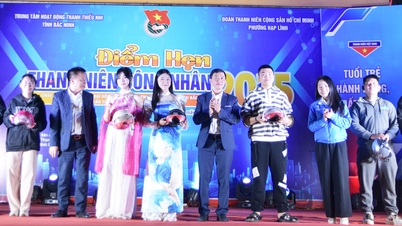

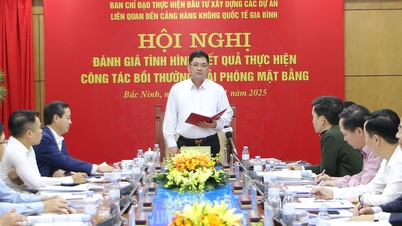
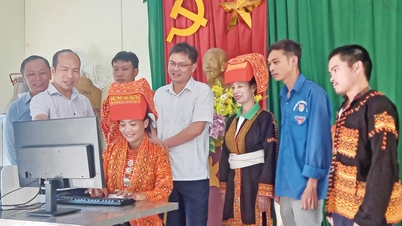
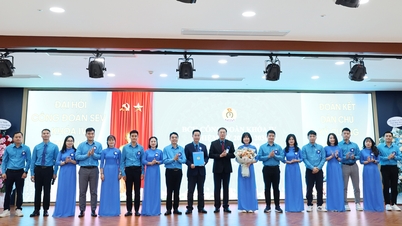











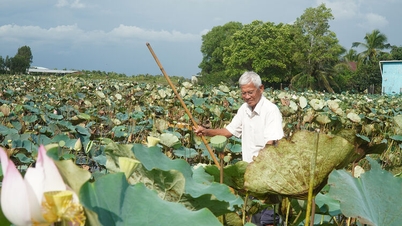

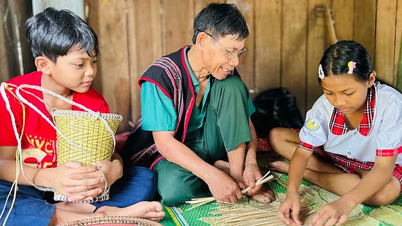











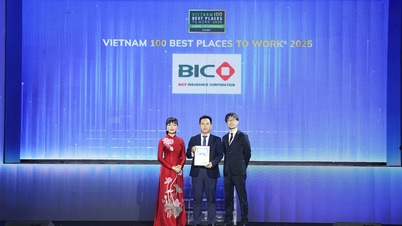


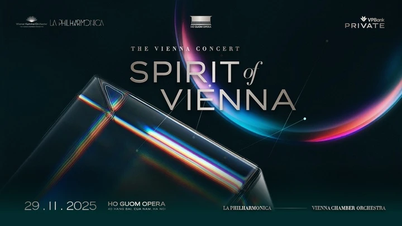















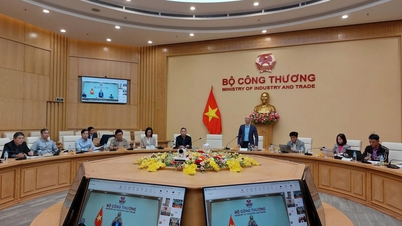

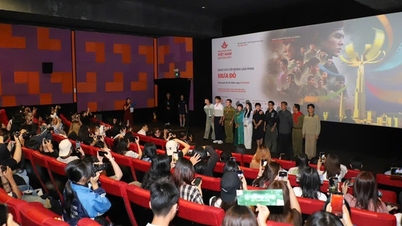



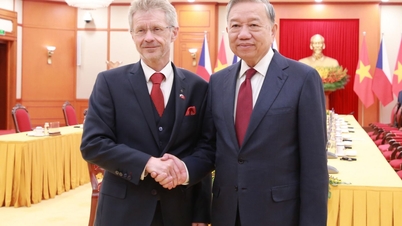
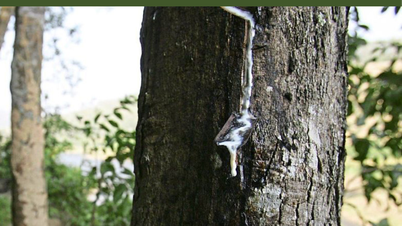
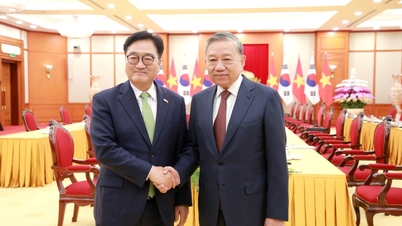





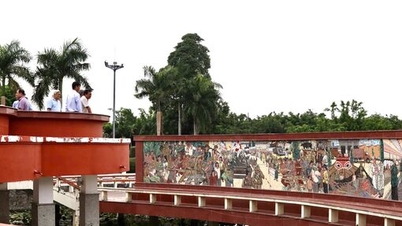

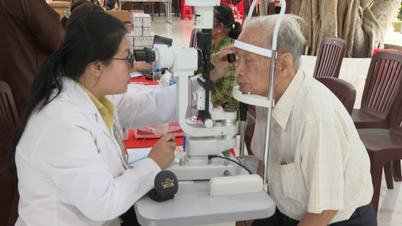
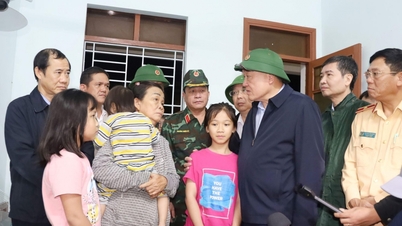












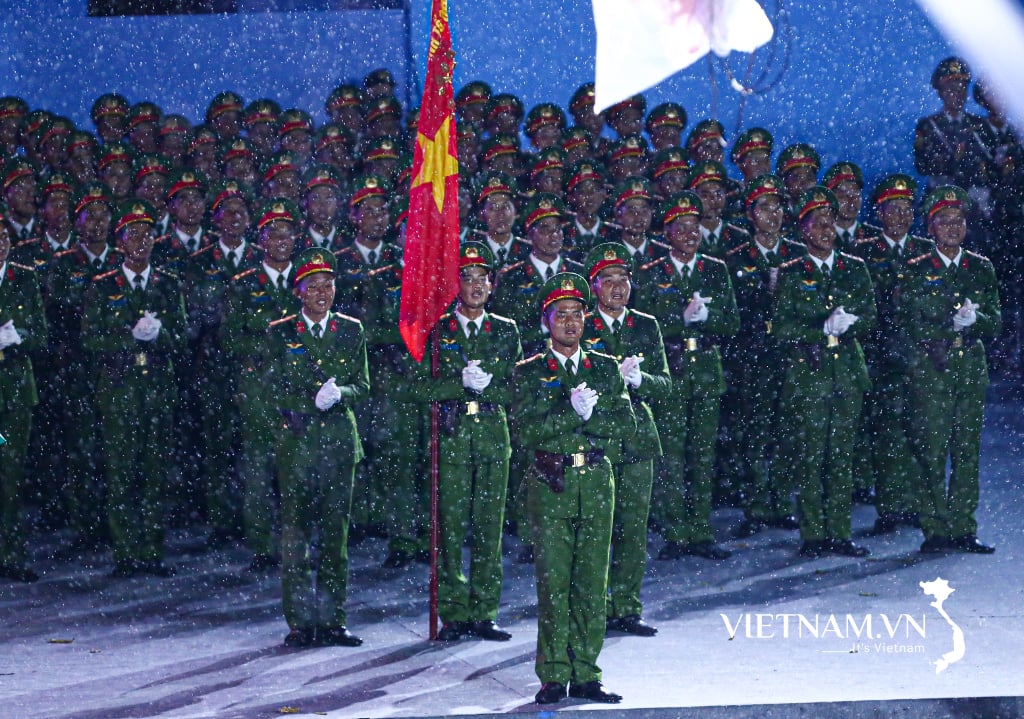

Comment (0)